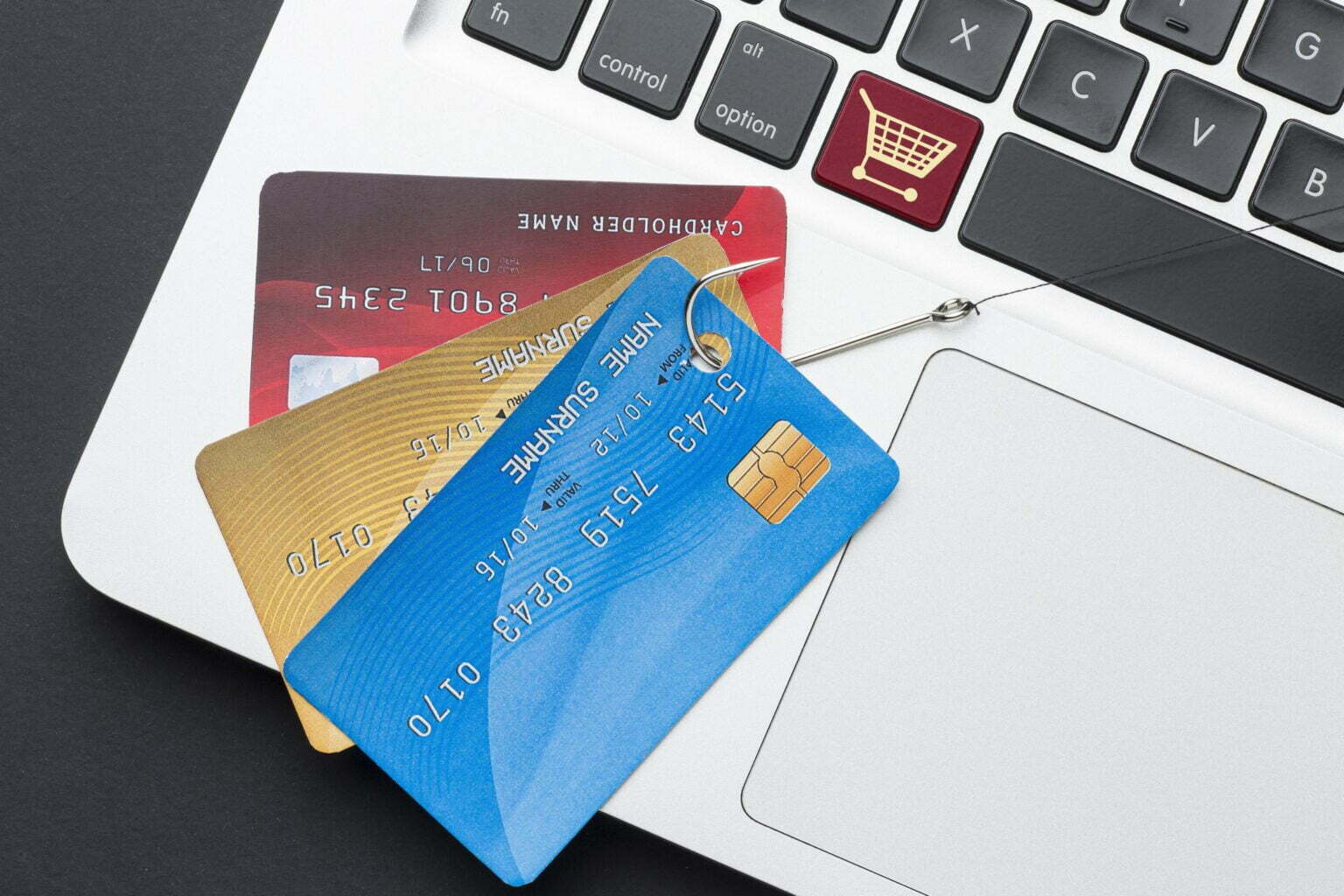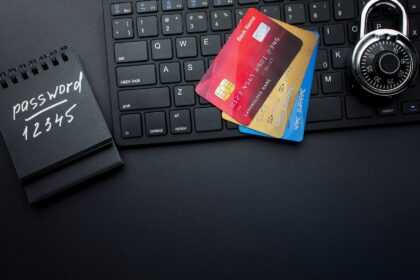The most widely accepted credit card internationally is typically either Visa or Mastercard. Both Visa and Mastercard have extensive global networks, and their cards are generally accepted by merchants and ATMs in most countries around the world. Here’s a brief introduction to both:
Visa
Visa is one of the largest and most widely recognized payment networks globally. It’s accepted in over 200 countries and territories.
Visa offers a range of credit, debit, and prepaid card options, making it accessible to a broad audience.
Visa cards are known for their acceptance at a wide range of businesses, from small local shops to large multinational retailers.
Mastercard
Mastercard is another major global payment network, with acceptance in over 200 countries and territories.
Mastercard offers various types of cards, including credit, debit, and prepaid, catering to different consumer needs.
Like Visa, Mastercard is widely accepted at businesses and ATMs worldwide, making it a convenient choice for international travelers.
While Visa and Mastercard are the most commonly accepted credit cards globally, it’s essential to note that the acceptance of specific card types (e.g., standard credit cards, premium cards, or specialty cards) can vary by location and merchant. Additionally, local or regional card networks may also be prevalent in certain countries, so it can be helpful to carry a backup payment method, such as cash or another card network, when traveling to ensure payment options in case your primary card is not accepted.
Here are a few additional points to consider regarding credit card acceptance when traveling internationally:
American Express (Amex)
American Express is another major credit card network, but it is not as widely accepted as Visa and Mastercard in some regions.
While American Express cards are generally accepted in many countries, there may be instances where you find fewer merchants or ATMs that can process Amex transactions, particularly in more remote or less touristy areas.
Discover Card
Discover Card is primarily a U.S.-issued card and is less commonly accepted outside of the United States. It’s essential to check Discover’s international acceptance network and inquire with merchants in advance if you plan to use a Discover Card abroad.
Local and Regional Cards
In some countries, local or regional card networks may dominate the market, and international credit cards may not be as commonly accepted. In such cases, it’s advisable to have cash or a backup card from a globally recognized network.
Contactless and Mobile Payments
In recent years, contactless payment methods (e.g., Apple Pay, Google Pay) have gained popularity and are increasingly accepted at various merchants worldwide. Using these mobile payment options can be a convenient way to make purchases internationally if your smartphone supports them.
Currency Exchange and Dynamic Currency Conversion (DCC)
When using credit cards internationally, be aware of dynamic currency conversion (DCC). Some merchants may offer to convert your purchase amount into your home currency at the point of sale. This convenience can come with unfavorable exchange rates and additional fees, so it’s often better to decline DCC and pay in the local currency.
while Visa and Mastercard are generally the most widely accepted credit card networks internationally, it’s wise to research the specific destination you plan to visit and understand the local payment preferences. Having a mix of payment options, including cash and backup cards, can help ensure you have a reliable means of payment wherever you travel. Additionally, notifying your bank or credit card issuer about your travel plans can prevent your card from being flagged for suspicious activity when used abroad.
READ ALSO: 7 Best Travel Credit Cards For Students
What is the most widely accepted credit card internationally frequently asked questions;
Here’s a frequently asked question on a common topic:
How do I improve my credit score?
Answer:
Improving your credit score is essential for better financial opportunities. Here are some steps to help boost your credit score:
Pay Bills on Time: The most crucial factor affecting your credit score is your payment history. Ensure you pay all bills, including credit cards, loans, and utilities, on time.
Reduce Credit Card Balances: High credit card balances relative to your credit limit can negatively impact your score. Aim to keep your credit utilization ratio (credit card balance divided by credit limit) below 30%.
Don’t Close Old Accounts: The length of your credit history matters. Keep older accounts open, even if you’re not actively using them, as they can positively affect your credit score.
Avoid Opening Too Many New Accounts: Opening multiple new credit accounts in a short period can lower your score. Only apply for credit when necessary.
Monitor Your Credit Report: Regularly check your credit report for errors or inaccuracies. Dispute any discrepancies you find with the credit bureaus.
Diversify Your Credit Mix: Having a mix of different types of credit, such as credit cards, loans, and mortgages, can positively impact your credit score.
Use Credit Responsibly: Show responsible credit behavior by using credit accounts wisely and avoiding maxing out credit cards.
Pay Off Delinquent Debts: If you have past due debts or collections, work on paying them off as they negatively affect your score.
Consider a Secured Credit Card: If you’re building or rebuilding credit, a secured credit card can be a helpful tool. It requires a security deposit but can help establish a positive payment history.
Be Patient: Improving your credit score takes time. Continue to practice good credit habits, and your score will gradually rise.
Remember that credit scoring models may vary, and it’s important to check your credit score and report from all three major credit bureaus (Experian, Equifax, and TransUnion). Additionally, credit improvement strategies can vary depending on individual circumstances, so consider consulting a credit counselor for personalized advice.
Conclusion
In conclusion, understanding how to manage your credit is crucial for financial stability and access to various opportunities. Improving your credit score is a gradual process that involves responsible financial behavior, such as paying bills on time, reducing credit card balances, and monitoring your credit report for accuracy. By following these steps and practicing good credit habits, you can take control of your financial future and work towards achieving a healthier credit score. Remember that building or rebuilding credit takes time and patience, so stay committed to your financial goals, and your efforts will pay off in the long run.
In other article, Travel Credit Card Rewards – Top 8 Travel Credit Cards with the best Perks






